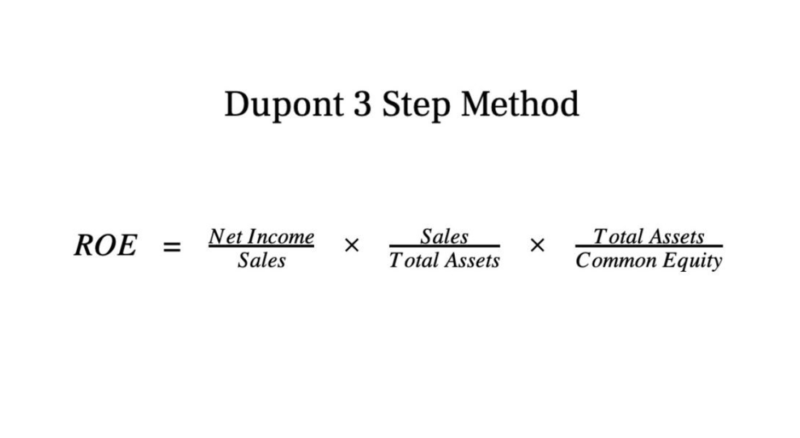
Ask for testimonials from people who have utilized your services in the past and spread the word about your offerings through a website or social media. Keeping up with the records in your small business might be a task you are willing and able to tackle yourself. The system you choose to use doesn’t need to be complicated and the ledgers should be straightforward, especially if you have just a few or no employees. The most important parts of doing your own bookkeeping are staying organized and keeping track of the details. Both bookkeeping and accounting are used interchangeably in the financial world, however, there is a notable difference between bookkeeping and accounting.
- We’ve listed some of the key differences when it comes to the requirements and job market for each.
- You must have a minimum of 150 postsecondary education hours, or what amounts to a bachelor’s degree in accounting, and an additional 30 hours of graduate work.
- Advancing technology and shifting mindsets in both professions are causing many bookkeepers to take on roles more traditionally managed by accountants.
- Both disciplines work hand in hand to determine the financial health of a business.
- You can efile income tax return on your income from salary, house property, capital gains, business & profession and income from other sources.
- The IRS lays out which business transactions require supporting documents on their website.
This is the equivalent of around $45,000 per year, assuming a 40-hour workweek. The advantage of hourly pay is you receive 1.5 times your average wage for hours worked more than 40 per week. In bookkeeping, extra hours are typical during the busy tax season of January to mid-April.
Bookkeeping vs. Accounting: What’s the Difference?
With an accurate record of all transactions, you can easily discover any discrepancies between financial statements and what’s been recorded. This will allow you to quickly catch any errors that could become an issue down the road. After a business chooses a legal entity, such as an LLC or sole proprietorship, bookkeepers segregate personal and business financials and implement a method for tracking business expenses. Since every expense is a potential business tax deduction, bookkeepers have strong attention to detail and aim to record and categorize every transaction accurately. You’re probably familiar with the duties; most small business owners have acted as their own bookkeepers at some point.
The bookkeeper also matches the transactions in their accounting system to what comes in through the bank feed. In either case, familiarizing yourself with bookkeeping terms and accounting basics can certainly go a long way toward making the process easier. CPAs may specialize in different practice areas, such as tax, auditing, personal finance planning, or business valuation services. The Generally Accepted Accounting Principles are standards of accounting developed by the Financial Accounting Foundation’s standard-setting board. They are often used to help set standards for financial reporting, and to allow for ease of assessment when it comes to someone, such as an investor or lender, offering resources to a given company.
What Does a Bookkeeper Do?
The bookkeeper may use a cash flow software like Bill.com to manage all of a businesses vendor bills. The bookkeeper gets notified when the vendors email or fax their bills directly to the client’s Bill.com account, and then assign the proper vendor, expense category, and client as an approver. With the options for accounting tools and other bookkeeping vs accounting financial software increasing at a rapid rate, bookkeepers are also investing more time in training on a variety of solutions. Their goal is to be able to recommend the best “technology stack” for their clients’ varied needs. Many bookkeepers now refer to themselves as “technology consultants” in addition to calling themselves bookkeepers.

Accounting software allows you and your team to track and manage your business’s expense reports, invoices, inventory and payroll accurately and efficiently. To choose accounting software, start by considering your budget and the extent of your business’s accounting needs. Take routine bookkeeping off your never-ending to-do list with the help of a certified professional.
Advantages of working with a bookkeeper
Companies often outsource the organization of their finances to independent professionals, then hire accountants for more complex issues and tax filing. Many bookkeepers now offer a wider range of services, depending on the formal training and experience they’ve attained. As a general rule, however, bookkeeping qualifications don’t require the same level of financial, analytical, or tax training as an accountant. Many businesses will have a bookkeeper and an accountant – giving specific responsibilities to each. Because of their deep familiarity with accounting reports and their analytical training, accountants often provide several kinds of complex financial advice and practical management advice.

